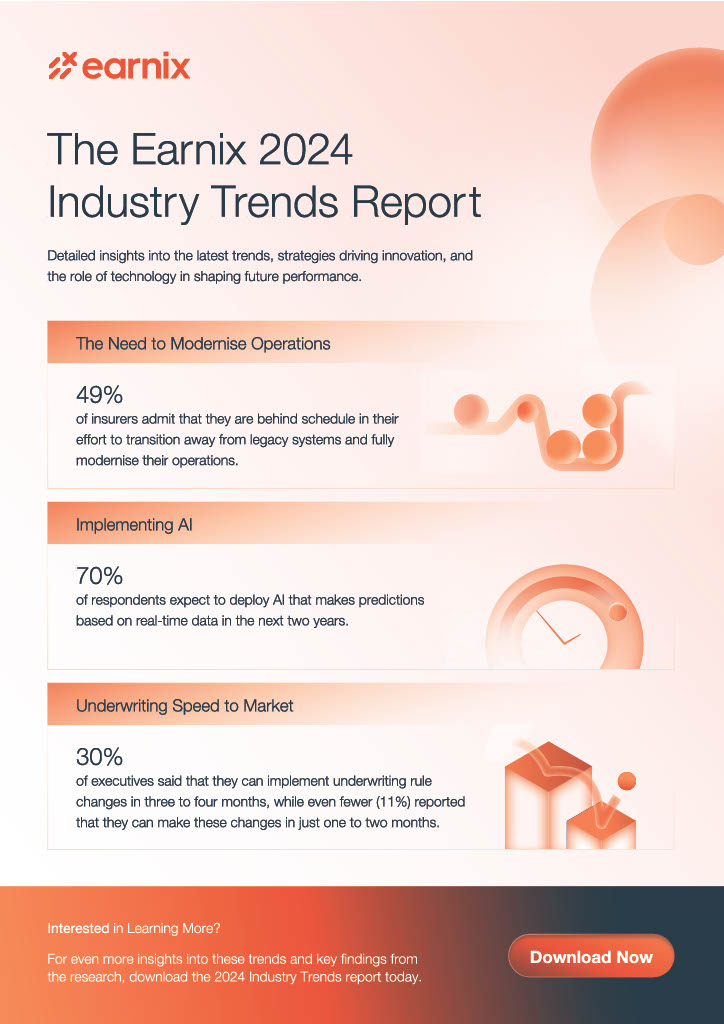Navigating challenges and seizing opportunities
Fazlin Swanepoel – Head: Health at Alexforbes

The importance of healthcare access has never been more evident and in South Africa, rising healthcare costs have placed significant pressure on individuals seeking adequate cover. This evolving landscape presents both challenges and opportunities for financial planners and healthcare advisers.
The value of impartial, independent advice
South Africans are often overwhelmed by the complexity and variety of healthcare funding options, such as medical aid schemes, hospital plans, primary care products, medical insurance such as gap cover and accident and emergency cover. To navigate these choices effectively, consumers need impartial advice from FAIS-accredited advisers who operate independently of product providers. Independent advisers offer unbiased, personalised guidance, helping clients select the best healthcare solutions based on their individual needs, not driven by provider incentives.
This independence fosters trust, ensuring that clients receive tailored advice across the full spectrum of available healthcare options. Advisers with broad accreditation across major medical schemes and health short term providers can present a comprehensive view, empowering clients to make informed decisions about protecting both their health and financial wellbeing.
Key components of healthcare funding
South Africa’s healthcare funding system is primarily composed of 5 health care solutions such as medical aid, hospital plans, primary care, and health insurance products such as Gap cover. We have also seen the emergence of pay as you go options such as a variety of prepaid health care vouchers. Each plays a unique role in providing financial protection against rising medical costs.
Medical aid: As the foundation of private healthcare funding, medical aid covers extensive medical expenses. However, with premiums rising at unsustainable rates, affordability is a growing concern. Independent advisers help clients navigate these costs by comparing options and finding a balance between coverage and affordability.
Hospital plans: A more budget-friendly alternative to full medical aid, hospital plans cover in-hospital expenses but often exclude day-to-day care. Independent advisers are crucial in helping clients choose appropriate plans from a range of providers.
Primary care: Aimed at lower-income individuals, these plans cover out-of-hospital care and provide an affordable alternative to medical aid. The growing demand for Low-Cost Benefit Options (LCBOs) reflects the need for accessible healthcare solutions.
Gap cover: Even with medical aid or hospital plans, many consumers face significant out-of-pocket expenses. Gap cover bridges this gap, offering financial protection when medical aid benefits fall short. Independent advisers need to ensure clients incorporate gap cover into their broader healthcare strategy, mitigating some of these significant out of pocket shortfalls.

The Earnix 2024
Industry Trends Report
Detailed insights into the latest trends, strategies driving innovation, and the role of technology in shaping future performance.
Interested in Learning More?
For even more insights into these trends and key findings from the research, download the 2024 Industry Trends report today.
Pay-as-you-go pre-paid health vouchers
Prepaid Healthcare Vouchers provide more access to quality private healthcare, more opportunities to consult private doctors, and more value through an extensive nationwide network. Whether you’re looking for affordable day-to-day care without the commitment of a full medical scheme or want to top up your existing coverage, these vouchers offer flexibility and savings. Available through select retailers, they’re ideal for those who only need healthcare on a pay-as-you-go basis or cannot afford full medical cover. Additionally, they offer discounts on services like GP visits, dental, and optometry when using designated networks partnered with retailers for negotiated rates. However, it’s important to note that while these vouchers offer great value, they do not count as medical scheme coverage. This means if you decide to join a medical scheme after age 35, these vouchers will not prevent potential late-joiner penalties.
The South African National Health Act and NHI
The National Health Insurance (NHI), introduced under the South African National Health Act, aims to provide equitable and affordable healthcare for all citizens. While this vision is commendable, the NHI in its current form is facing significant legal challenges and its full implementation may still be 8–10 years away, with some even predicting it could take decades.
Given this uncertainty, it is crucial for consumers not to cancel their private healthcare cover just yet. Financial advisers will be essential in helping clients navigate the complexities of the NHI as it evolves, ensuring they make informed decisions and are able to navigate the referral pathways that may exist within the NHI access to care framework. However, private healthcare will remain a vital safety net in the interim as South Africa works toward resolving infrastructure challenges and finding a sustainable funding mechanism for the NHI. Public-private collaboration will be key as we have built a world-class private healthcare system as well as learning from other countries’ experiences who have been through this form of implementation before will help South Africa manage the transition effectively. Importantly, corporate South Africa should take an active role in engaging government around their concerns and practical considerations for employers and employees.
Conclusion
As healthcare costs continue to rise, independent, FAIS-accredited advisers play a critical role in guiding South Africans through all these complex healthcare options. By offering objective, personalised advice, they help clients make informed decisions that safeguard both their health and financial security, navigating an increasingly challenging healthcare landscape with confidence.

